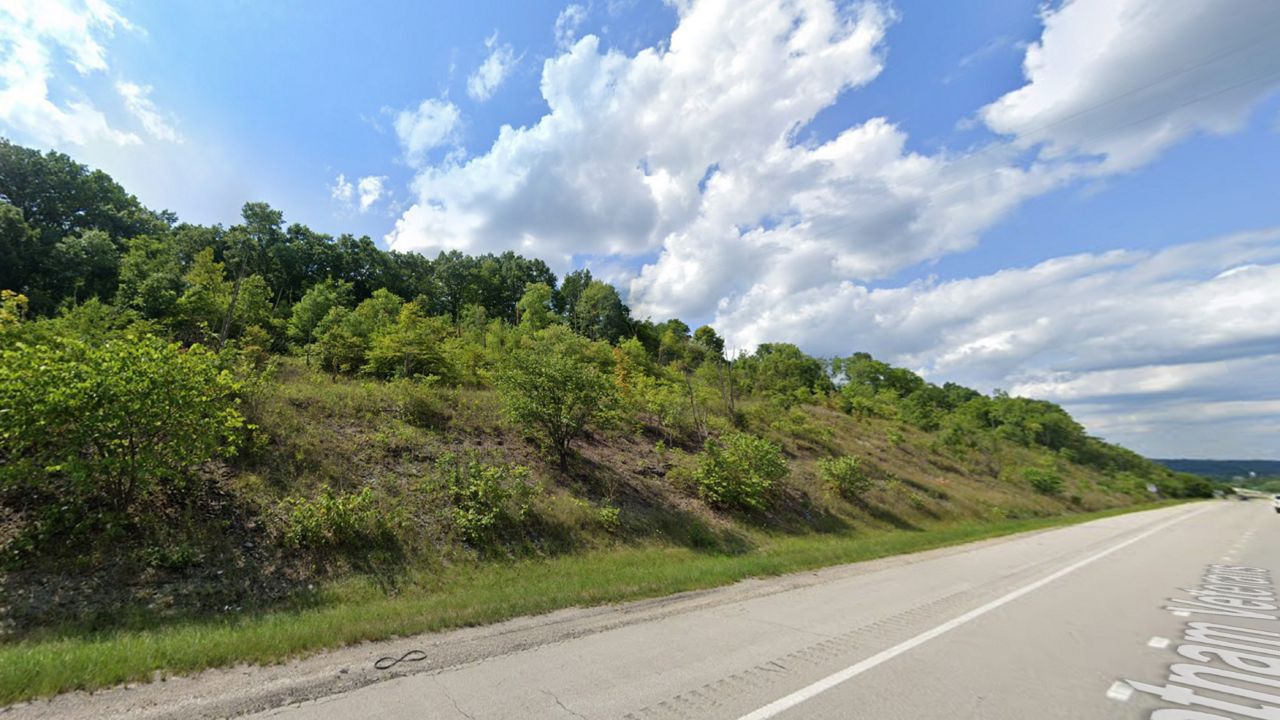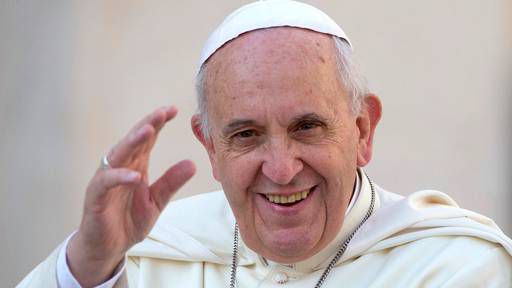Mayor Frank Jackson delivered his final State of the City address Thursday at the Cleveland Public Auditorium where he spoke on Cleveland's recovery from the pandemic.
Jackson is the 57th mayor of the city of Cleveland, and with 16 years in office, he is the longest serving mayor in the city's history.
"I want to thank you. And I want to say to you that it was my honor and privilege to serve as your mayor for 16 years," Jackson said on Thursday.
Jackson encouraged residents to look toward the future as either Council President Kevin Kelley or nonprofit leader Justin Bibb will replace him.
“It can only be successful, it can only be sustainable, with the commitment and leadership. Wherever the mayor is, whoever the council is our business community, and our philanthropic community, all of us," Jackson said.
In his first State of the City Address, he said his focus would be on fiscal management, creating a diverse and robust economy where job creation and retention flourishes, making excellent education for children a standard and safety.
A lot has changed since Jackson’s first election in November 2005, but a lot has stayed the same. Here are some of the main successes and failures of Jackson’s mayoral tenure:
Cleveland Municipal School District
- In 2012, in coordination with the Ohio state legislature, Jackson helped pass Cleveland’s Plan for Transforming Schools which laid out a plan to promote school autonomy, diverse support providers and performance-based accountability for public schools.
- The launch of the Say Yes to Education Cleveland chapter which works to retain population in the city, improve college access and help more children graduate from CMSD schools.
"Prior to the pandemic, our school district ranked in the top 15% in Ohio for improvements in K to 3. It also ranked in the top 4% for improvement in the state in reading," Jackson said.
Helping the city navigate through the foreclosure crisis, the Great Recession and the COVID-19 pandemic, Jackson said city finances have been stabilized coming out of the pandemic.
"The city of Cleveland has been able to balance its budget, as required by law provide services and maintain a workforce with minimum impact to our employees. As a result of the recovery act, the city of Cleveland is able to replace lost revenues every cover calls related to the impact of the pandemic," he said.
Investments in neighborhood recreation centers, parks and downtown development
- Cleveland Metroparks’ takeover of lakefront parks and developing Edgewater Beach and park.
- The 2016 Republican National Convention
- The 2021 NFL Draft
Jackson addressed changes to downtown.
“Over the last 16 years, there has been over $138 million invested in infrastructure, vehicles, equipment, plants, facilities and technology," he said.
Crime Rates/Public Safety
- In 2020, the city of Cleveland experienced 190 homicides, the most since 1982.
- The federal investigation into of Cleveland’s division of police that ended with court-mandated police reform efforts.
"In an effort to deal with the increase in violent crimes, we have reorganized many of our specialized units within the division of police," Jackson said.
Population Decline
The 2020 U.S. Census results show that Cleveland lost nearly 24,000 residents in the last decade.
Jackson addressed racial inequities highlighted by the COVID-19 pandemic.
“We developed a division of health equity and social justice," Jackson said. "That has the purpose and the mission, to analyze, and develop approaches to address institutionalize inequities, disparities and racism.”
Transparency
- Jackson has been criticized for a lack of transparency and accessibility throughout the later half of his tenure. Most recently, he has been reserved in responding to the city after the death of his grandson in September.










